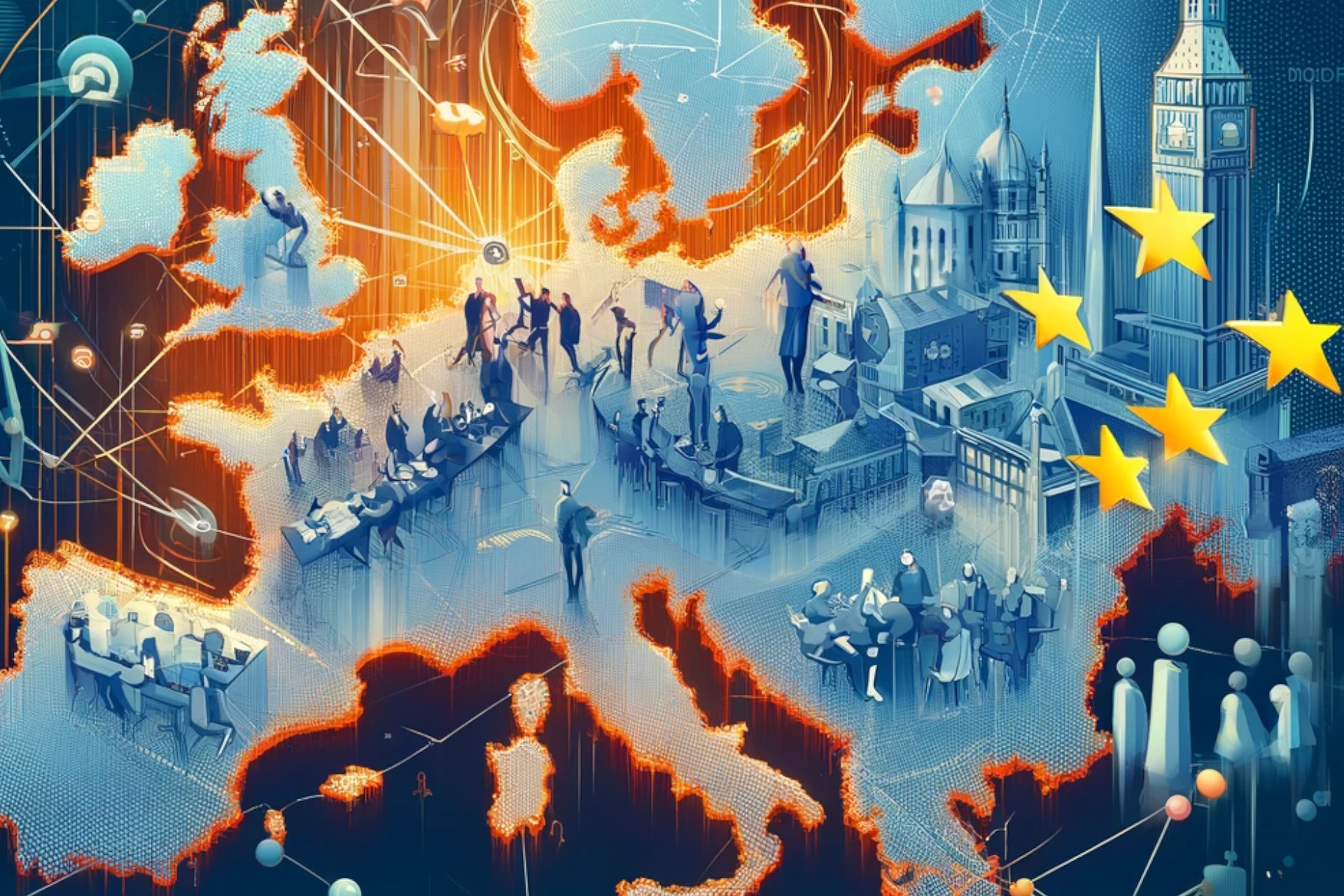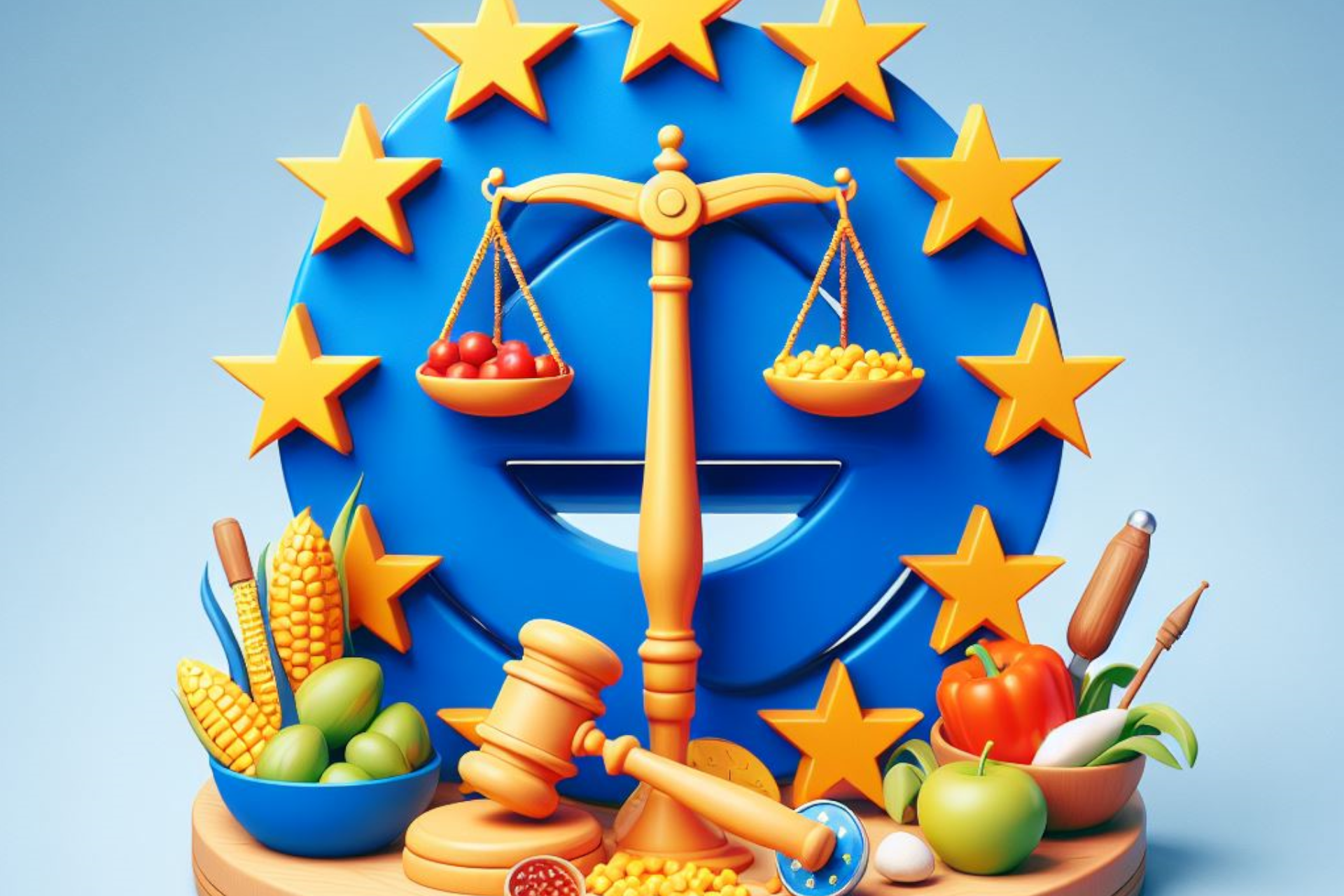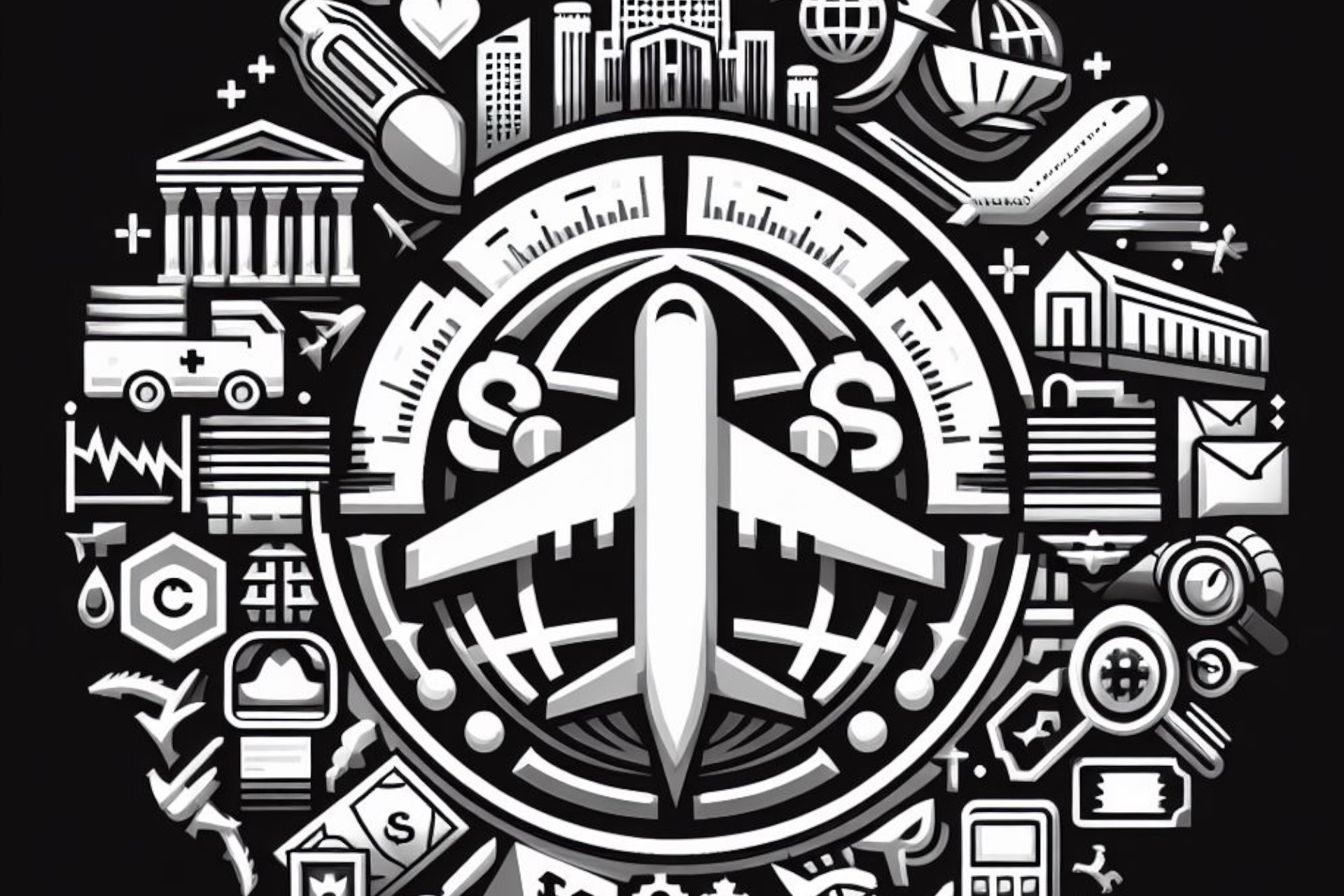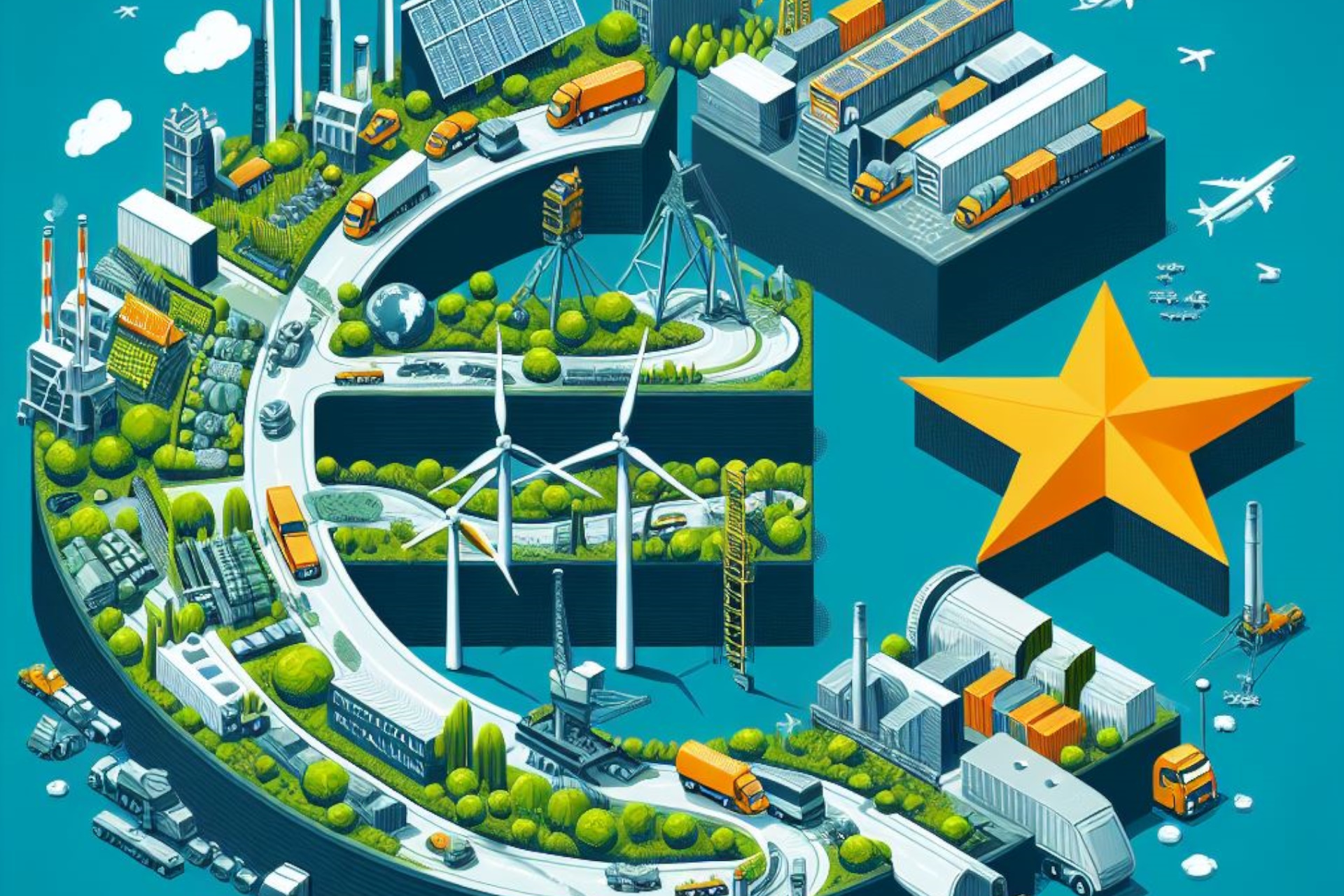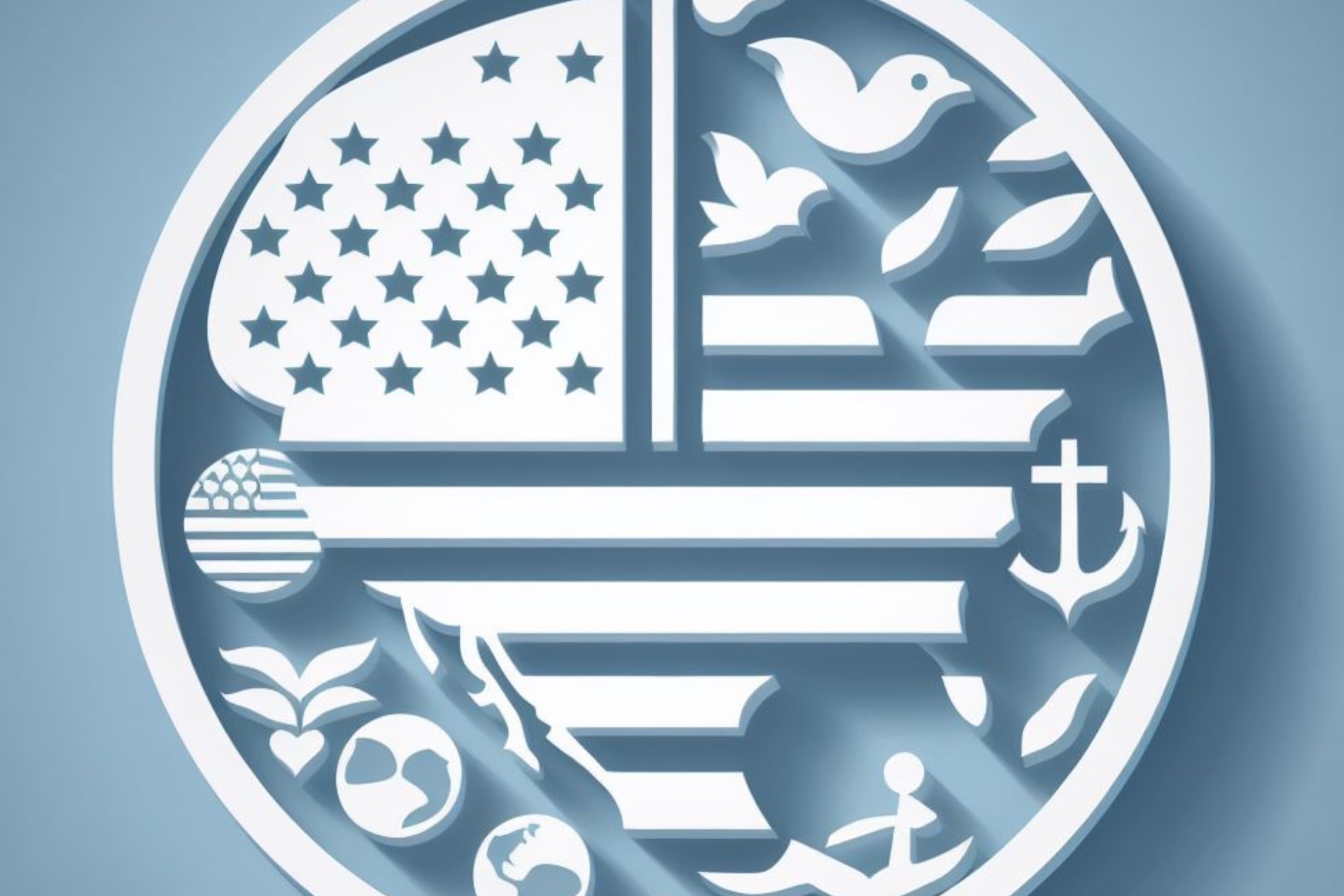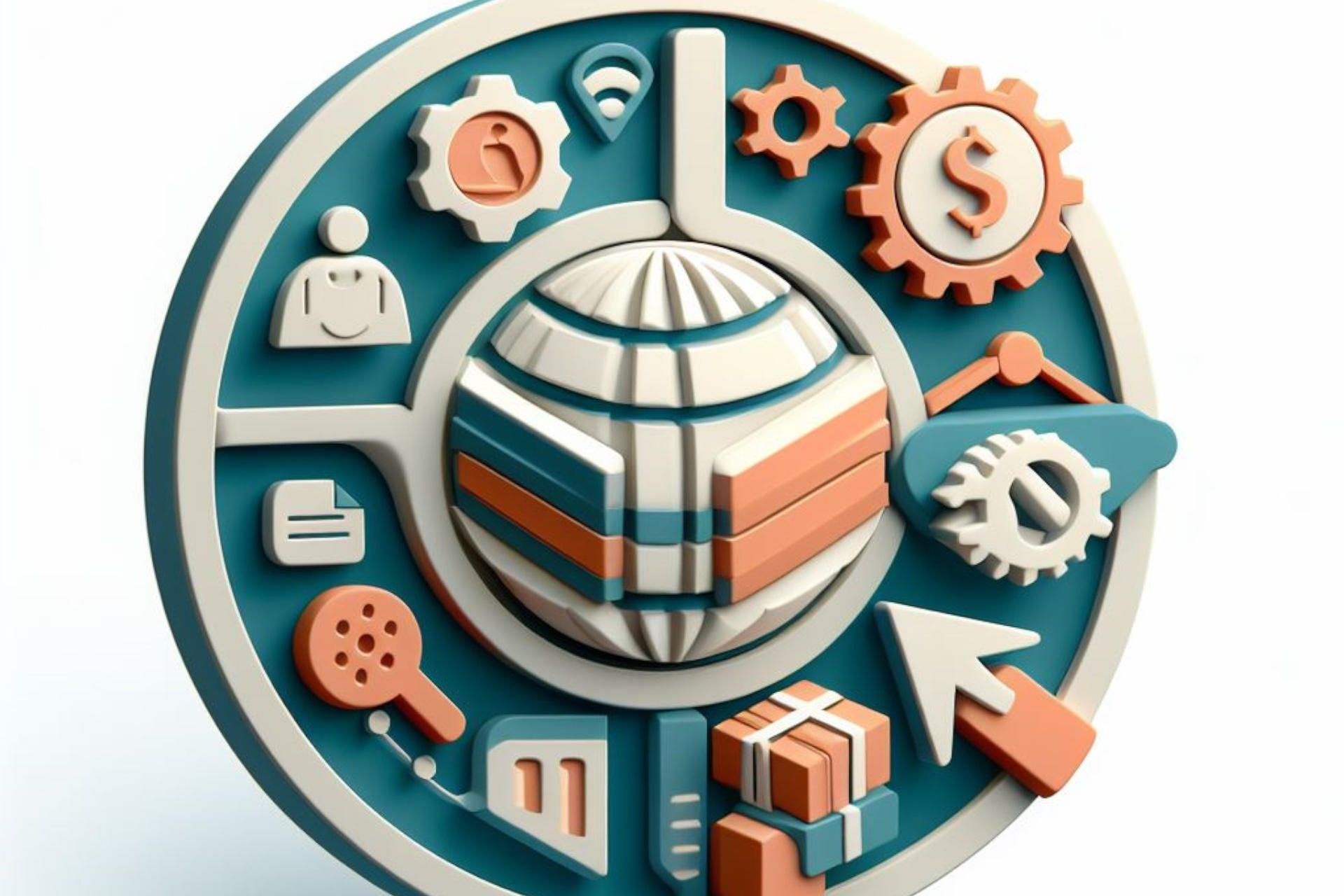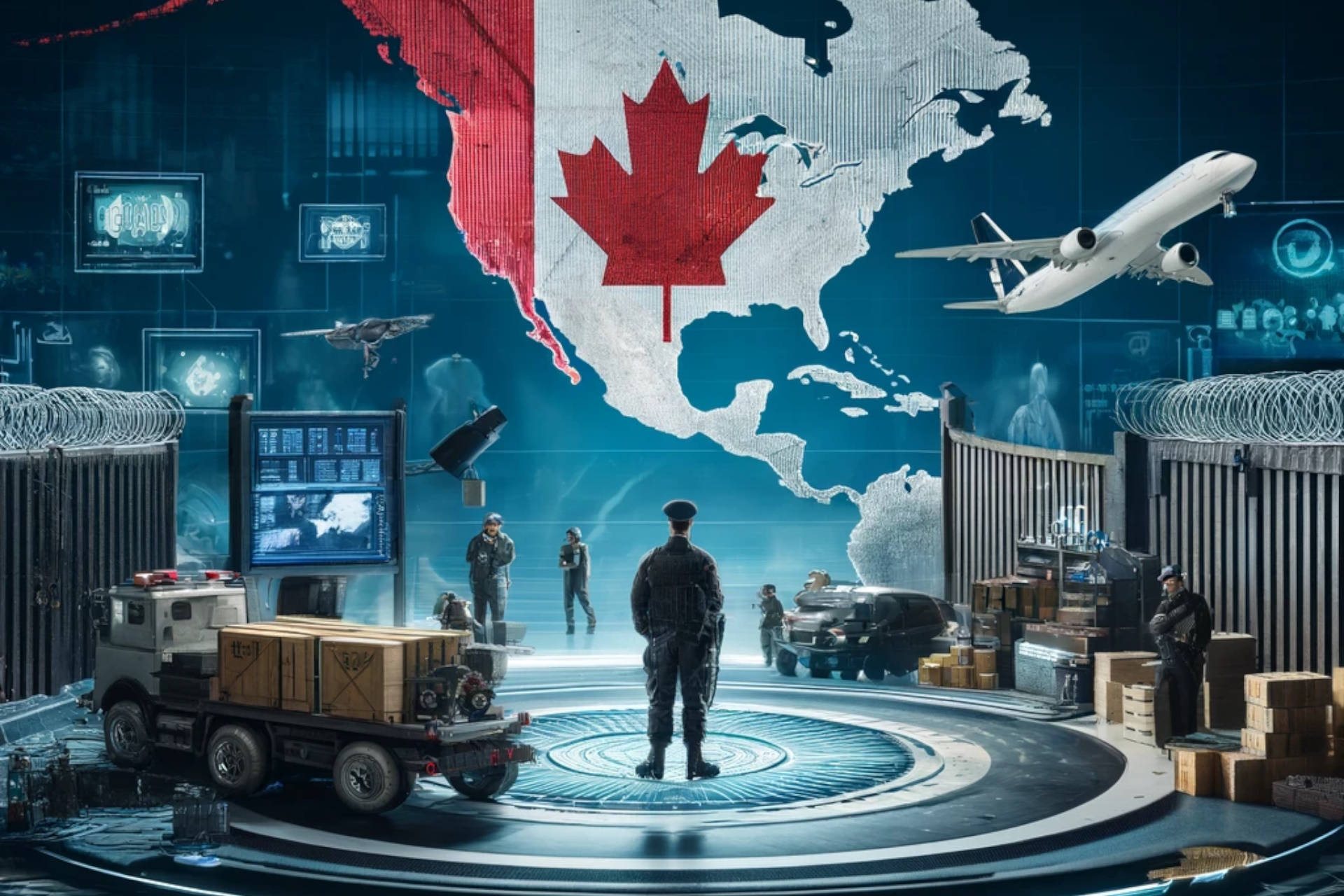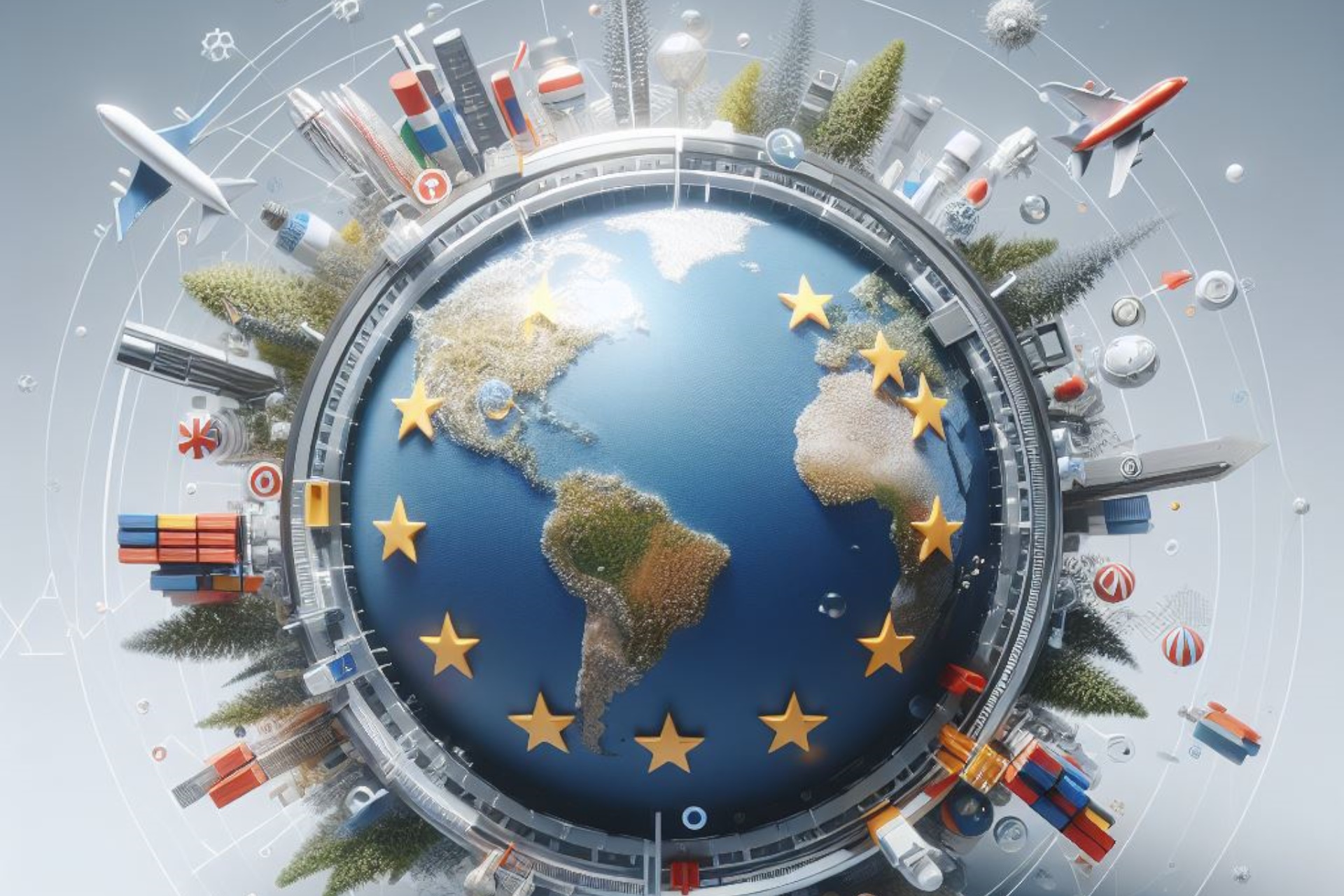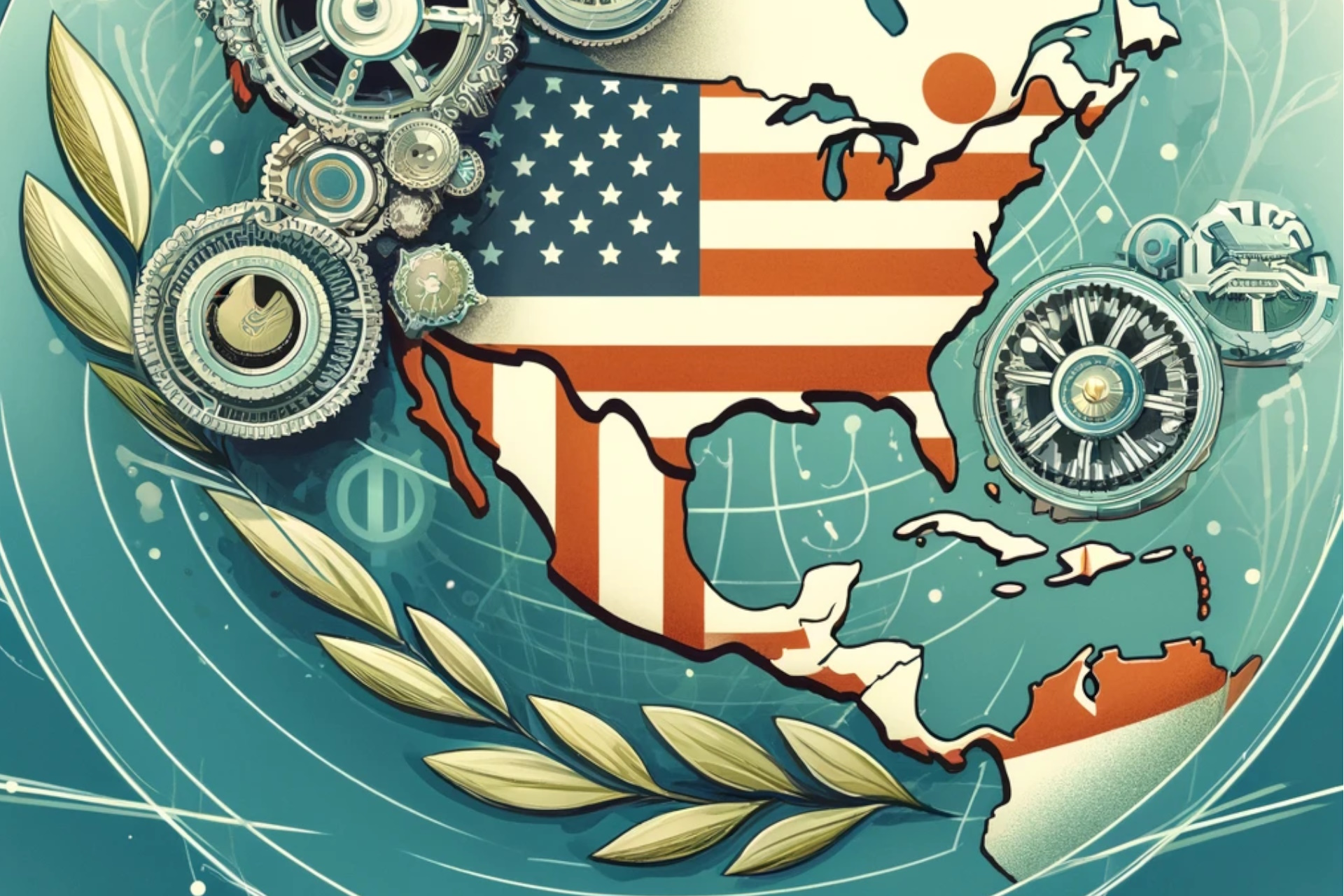In today's interconnected world, supply chains are the backbone of global commerce. However, with the increasing awareness of environmental concerns and the imperative to mitigate climate change, the traditional model of supply chain management is undergoing a significant transformation. Europe, known for its progressive stance on sustainability, is at the forefront of this shift towards more eco-friendly and efficient cross-border supply chains.
The transition to sustainable cross-border supply chain management in Europe is driven by a combination of factors, including regulatory pressures, consumer demand for ethically sourced products, and the need to reduce carbon emissions. Governments and businesses alike are recognizing the importance of adopting environmentally responsible practices throughout the entire supply chain process, from sourcing raw materials to delivering finished products to consumers.
One key aspect of Europe's transition to sustainable cross-border supply chains is the emphasis on transparency and traceability. By implementing blockchain technology and other innovative solutions, companies can track the journey of products from origin to destination, ensuring compliance with environmental standards and ethical labor practices. This transparency not only builds consumer trust but also enables companies to identify areas for improvement and optimize their supply chain operations.
Another critical component of Europe's sustainable supply chain initiative is the promotion of circular economy principles. Instead of following a linear "take-make-dispose" model, businesses are increasingly adopting circular approaches that prioritize resource efficiency, waste reduction, and product longevity. This shift towards circularity involves designing products for recyclability, reusing materials whenever possible, and implementing reverse logistics systems to recover and repurpose end-of-life products.
Collaboration is also key to Europe's success in transitioning to sustainable cross-border supply chains. Governments, businesses, NGOs, and other stakeholders are working together to develop standards, share best practices, and foster innovation. Initiatives such as the European Green Deal and the Circular Economy Action Plan provide a roadmap for achieving ambitious sustainability goals and driving systemic change across industries.
Furthermore, advancements in technology are enabling greater efficiency and resilience in cross-border supply chains. Automation, artificial intelligence, and predictive analytics are revolutionizing inventory management, transportation logistics, and warehouse operations, reducing waste, and optimizing resource utilization. These technological innovations not only enhance the sustainability of supply chains but also improve their agility and responsiveness to market demands.
As Europe continues its journey towards sustainable cross-border supply chain management, there are challenges that must be addressed. These include overcoming regulatory barriers, ensuring the availability of sustainable raw materials, and promoting responsible sourcing practices in global supply chains. However, with determination, collaboration, and innovation, Europe is well-positioned to lead the way towards a greener and more resilient future for cross-border trade.
#Sustainability #CrossBorderTrade #SupplyChainManagement #CircularEconomy #EuropeanGreenDeal #Innovation #Collaboration #Transparency #Traceability #Technology #EnvironmentalResponsibility
Read more views



















































